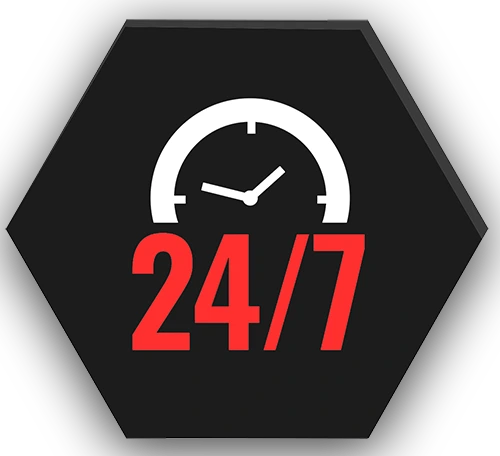Selecting the most suitable air conditioning system for your residential or commercial space is vital to ensure comfort, energy efficiency, and cost savings. With numerous options available in the market, making the right choice may seem overwhelming. But worry not, as our experienced professionals are here to help guide you through the decision-making process, ensuring you invest in the perfect AC system for your property.
Our team of experts understands that choosing an AC system goes beyond merely picking the right size or capacity; other critical factors play a significant role in determining the most appropriate air conditioning solution for your specific needs. Factors such as energy efficiency, special features, installation requirements, and, of course, budget must also be taken into account.
Explore the essential aspects to consider when selecting the ideal AC system for your residential or commercial property, and how our professionals can help you make the best possible choice.
Assessing Your Space and Cooling Needs
Before selecting an AC system, it is crucial first to determine your space’s cooling requirements. Several factors contribute to this assessment:
- Square Footage: Consider the total area of your space to ensure that your AC system is capable of cooling it effectively.
- Room Layout: The arrangement of rooms, doors, windows, and ceilings can impact airflow and cooling efficiency. Our professionals will help you determine the ideal system to account for these factors.
- Insulation: The quality of insulation in your property will influence the effectiveness of an AC system, as better insulation improves energy efficiency and maintains consistent indoor temperatures.
- Occupancy and Usage Patterns: The number of people and the intended use of each room can affect cooling requirements, which must be factored into your selection.
Evaluating Energy Efficiency
Energy-efficient AC systems not only reduce your carbon footprint but also result in substantial cost savings in the long run. Consider the following factors:
- Seasonal Energy Efficiency Ratio (SEER): An AC system’s SEER rating indicates its cooling efficiency over an entire cooling season. Higher SEER numbers indicate more efficient units.
- Programmable Thermostats: By allowing you to set ideal temperature schedules, programmable thermostats can optimize energy use and reduce cooling costs.
- Variable-Speed Technology: AC systems with variable-speed compressors and fans can run at lower speeds customized to match current cooling demands, resulting in increased energy efficiency.
Understanding Types of AC Systems
Various types of AC systems cater to different needs and preferences. Familiarize yourself with the primary options:
- Central Air Conditioning: Central AC systems circulate cooled air through a network of ducts and vents, providing even cooling throughout your space. They are ideal for larger residential or commercial properties.
- Ductless Mini-Split Systems: These systems consist of an outdoor compressor unit and one or more indoor air handlers. They are suitable for homes or businesses without ductwork or those looking to target specific rooms.
- Window or Wall-Mounted Units: These self-contained AC systems are designed for smaller spaces and are typically more cost-effective and easier to install than other options.
- Portable Air Conditioners: As the name suggests, these units can be easily moved between rooms, providing cooling wherever needed. However, they may not offer the same level of efficiency as permanently installed systems.
Considering Additional Features
Modern AC systems come with various features that can improve comfort, efficiency, and convenience. Some options to consider include:
- Smart Thermostats: These Wi-Fi-enabled devices allow you to control your AC system remotely and may offer energy-saving features such as learning your schedule and adjusting temperatures accordingly.
- Air Purifying/Filtration Capabilities: Some AC systems feature built-in air purification or filtration systems to improve indoor air quality and reduce allergens and pollutants.
- Zoning systems: These systems allow you to control the cooling in different areas or zones of your property independently, which contributes to improved energy efficiency and customized comfort.
Conclusion
Choosing the perfect AC system for your residential or commercial space involves careful consideration of factors such as cooling needs, energy efficiency, AC system types, and additional features. By working closely with our professionals, you can navigate these decision points with ease, ultimately investing in an AC system that meets your unique requirements and preferences, while providing consistent comfort and efficiency.
Rely on our experts at Jones Heating & Air Conditioning to guide you through the AC system selection process, and rest assured that with our ongoing support, including installation, maintenance, and repair services, your chosen air conditioning solution will serve you well into the future. Contact us today to learn more about our AC installation in Salt Lake City, and let us help you make the best decision for your property!



